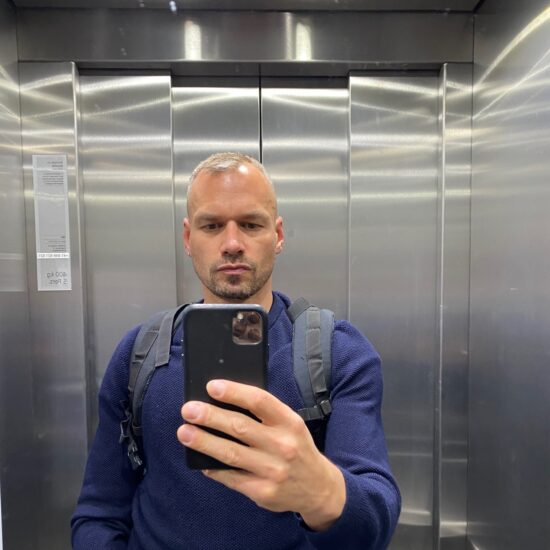‘There is nothing more rewarding than helping people grow, change and thrive. I like pushing boundaries to see the brave new world,’ reads my LinkedIn profile. Sounds bold, but I strongly believe that the ability to learn and grow as well as help others do it is life enriching and empowering.
Can you remember some of the most valuable learning you ever experienced – both in your professional and private life? I am quite sure it has empowered, enriched and ultimately changed you.
I can easily recall some of the pivotal learning moments in my life. They happened at work and in my private life. These were the famous TED talk by Brene Brown about shame, my formal coaching training, being managed by a wise and visionary boss, as well as daily chats with my partner about working and dealing with challenges in our respective professions. They shaped the way I work, manage, collaborate, live and love. I am a different and, hopefully, better person.
Why I am writing this? Because it is important to acknowledge and appreciate the fact that learning is a fascinating, challenging and deeply personal experience. But it’s an experience that we need to nurture in a corporate environment if we want our companies to succeed and stay relevant.
The world is moving faster, the way we work and live is changing, and the type of work and jobs we are doing is evolving so fast that it is an extremely complex challenge to follow and navigate this ever moving landscape.
With new skills required, audience characteristics changing and companies desperate to attract and keep the best and capable people, learning and development needs to shift smoothly between creating, curating and enforcing learning content and experience. It is not an easy task, but it is vital if we want to partner with the business and remain relevant. It is also crucial to remember that the learning proposition needs to take into account the individual and the organisational perspectives.
Curating instead of creating can allow for flexibility and variety as well as speed of delivery to employees. Creating supports a bespoke approach to the offering, while enforcing some learning simply secures certain aspects of business operations and/or responds to critical needs.
All of those roles play important parts in the learning space and the future of learning is rather the well-balanced (and constantly changing!) mix of those than just one dominant role.
Some people ask me about all the key trends that we keep reading and hearing about, such as big data, virtual reality, artificial intelligence and so on. I always respond that these are the tools that we can use, but at the core of the future of learning remains the fundamental question about the role we choose to play – of a creator, curator or enforcer.
Only then can we feel truly empowered and encouraged to support our clients and businesses with a truly impactful learning offering, which helps people learn, grow and thrive. And that, in turn, helps businesses grow and thrive.
To sum up, it feels really great to be a learning and development professional. But at the same time, it may feel more demanding than ever, especially when we look at the future challenges. My view, which I will be talking about during this year at the World of Learning Conference, is that we should feel empowered to explore our role of curators, creators and enforcers and, using variety of available tools, push the boundaries to help others unlock their potential.
Hope to see you there!




